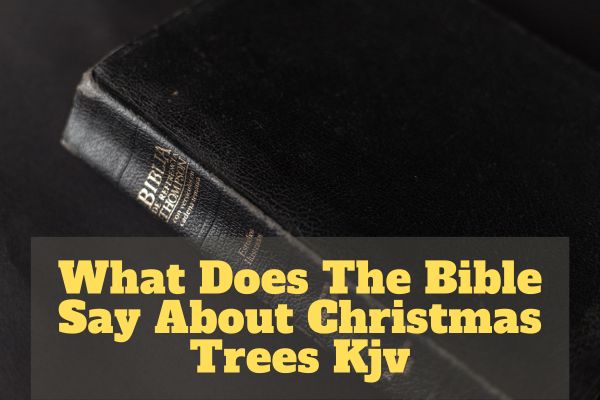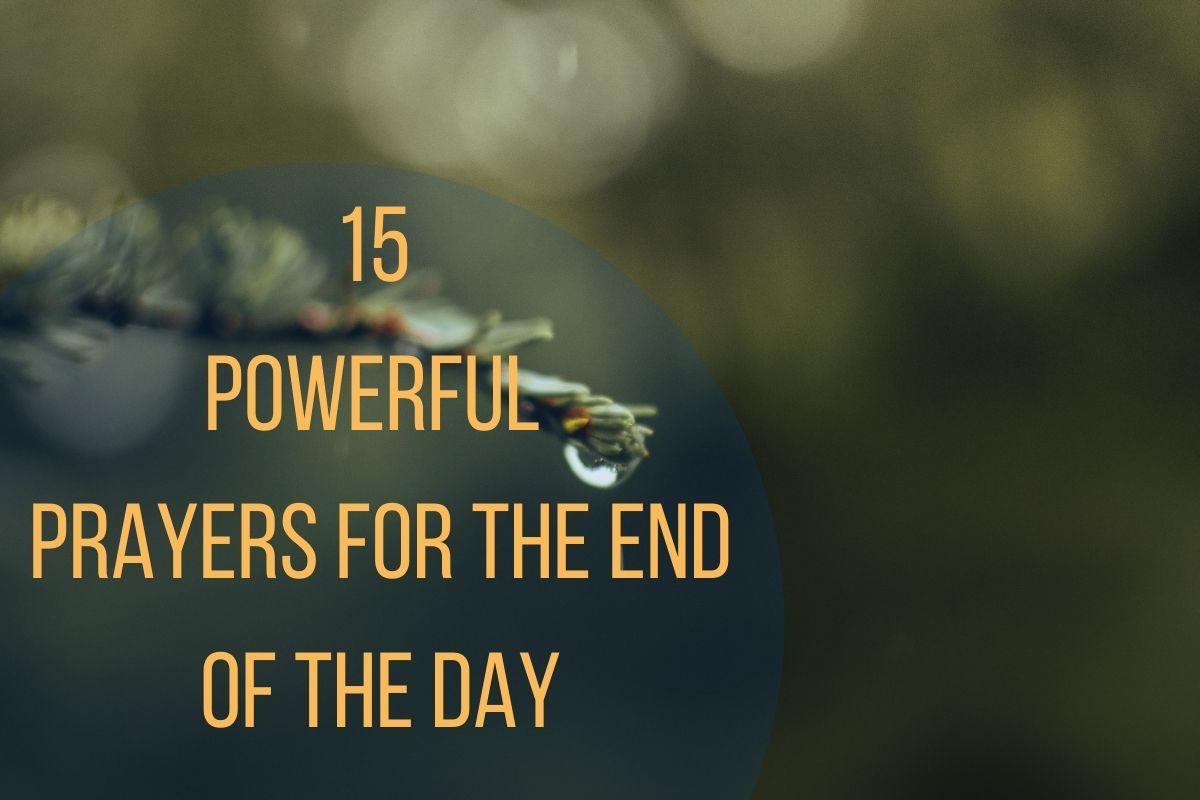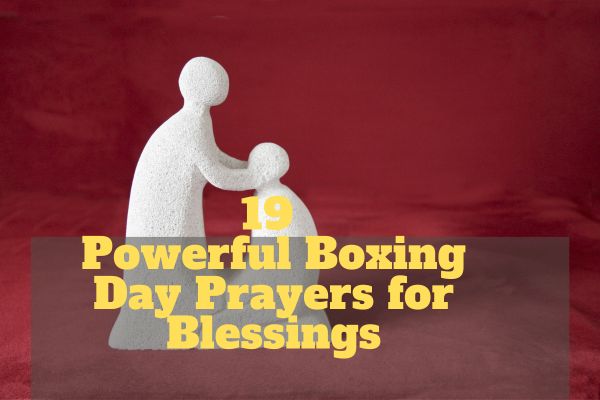Before we embark on a journey into the depths of What Does The Bible Say About Christmas Trees Kjv, it’s worth taking a moment to reflect on the intersection of ancient traditions and sacred scripture. The twinkling lights, the scent of pine, and the joyous decorations adorning Christmas trees have become synonymous with the holiday season. Yet, questions persist among the faithful about the compatibility of this cherished tradition with the teachings of the Bible.
In this exploration, we look into the pages of the KJV to unravel the perspectives on Christmas trees, seeking to understand the biblical context and shed light on the intricacies of this age-old debate. Join us as we navigate through the verses, traditions, and interpretations that contribute to the tapestry of this fascinating discourse.
What Does The Bible Say About Christmas Trees Kjv
Welcome to the enchanting world of Christmas trees, a symbol deeply rooted in both tradition and spirituality. In this exploration, we look into the biblical perspective on Christmas trees, uncovering the historical, theological, and cultural facets that contribute to the rich tapestry of this holiday tradition.
What Does The Bible Say About Christmas Trees? Exploring Symbolism and Tradition through the Lens of the King James Version
The tradition of decorating Christmas trees is a beloved holiday practice for many across the globe. But when it comes to the Bible, there’s no explicit mention of adorning evergreens for Christmas. So, what does the King James Version (KJV) have to say about this festive custom? While there isn’t a direct reference, we can glean some interesting insights from various verses that touch upon trees, symbolism, and celebration.
Trees in the Bible – Symbolism and Significance
Trees are woven throughout the tapestry of the Bible, often carrying rich symbolic meaning. They represent life, growth, and God’s provision.
- The Tree of Life in the Garden of Eden: This symbolic tree represents the ultimate source of life and God’s favor (Genesis 2:9).
- The Tree of Knowledge of Good and Evil: This tree signifies the human capacity for choice and the potential consequences of disobedience (Genesis 2:17).
- Trees as Places of Worship: Throughout the Old Testament, groves of trees served as sanctuaries for prayer and communion with God (1 Kings 14:23).
These examples highlight the multifaceted significance of trees in the Bible. They can be symbols of life, knowledge, divine presence, and even temptation.
Trees and Celebrations
While Christmas trees specifically aren’t mentioned in the KJV, some verses describe festive celebrations involving trees and greenery.
- The Feast of Tabernacles: This joyous occasion involved the construction of booths made from branches of palm, willow, and other trees (Leviticus 23:40).
- Singing Trees: In a poetic verse, Isaiah prophesies a future where even the trees will join in a song of praise to God (Isaiah 60:13).
These verses illustrate how trees can be incorporated into celebrations of God’s goodness and faithfulness.
A Matter of the Heart
Ultimately, the Bible doesn’t dictate whether or not Christians should decorate Christmas trees. The focus remains on celebrating the birth of Jesus Christ and the joy of salvation. Whether you choose to have a Christmas tree or not, the important thing is to keep the true meaning of the season at the heart of your celebration.
Considerations for Christians
If you’re a Christian considering the tradition of a Christmas tree, here are some points to ponder:
- Focus on Christ: Ensure that the tree and its decorations don’t overshadow the real reason for the season – the birth of Jesus Christ.
- Be mindful of symbolism: Choose ornaments and decorations that reflect Christian values or joyful themes.
- Avoid pagan practices: Steer clear of any practices associated with pagan winter solstice celebrations that might contradict your faith.
Remember, the Bible emphasizes the importance of joy, gratitude, and giving during the Christmas season. Let these values guide your celebrations, whether you choose to include a Christmas tree or not.
Conclusion
In conclusion, the presence of Christmas trees in the holiday festivities is a complex and multifaceted topic. Whether rooted in historical practices, theological debates, or cultural interpretations, these evergreen symbols continue to stand tall, embodying the spirit of Christmas across the globe.
While the KJV doesn’t explicitly mention Christmas trees, it offers a wealth of verses that illuminate the symbolism of trees and their connection to celebrations. Ultimately, the decision of whether or not to have a Christmas tree is a personal one for each Christian to make. By keeping Christ at the center of the season and focusing on joy and love, we can ensure that our celebrations reflect the true spirit of Christmas.






